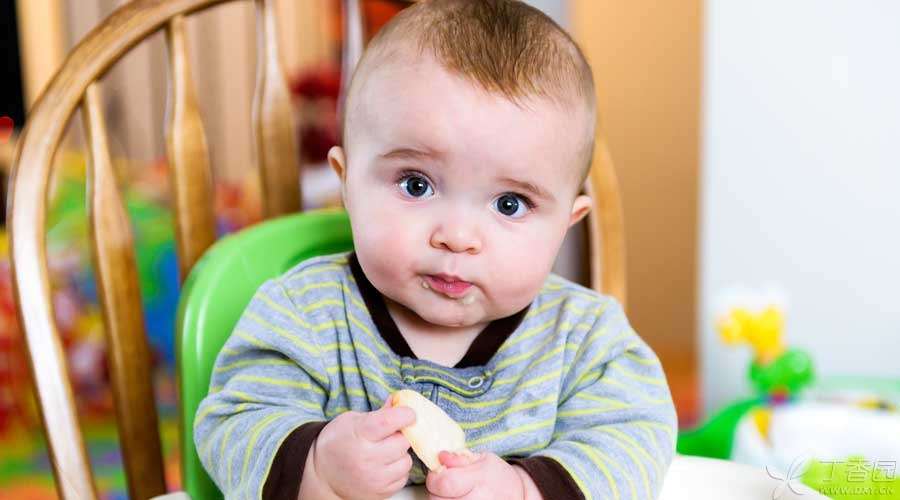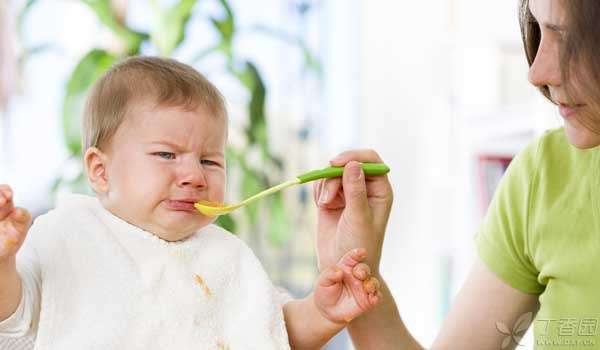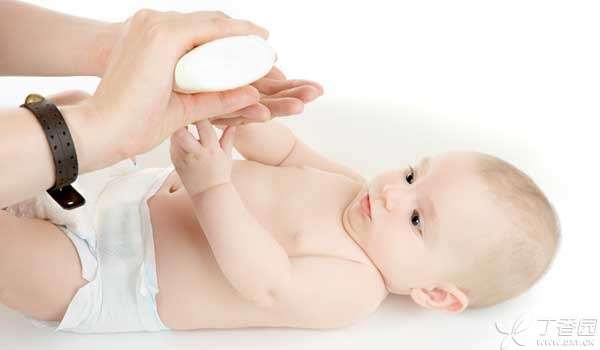
Infant eczema is a common skin disease in infants. After many babies develop eczema, mothers begin to worry about whether they are allergic to food and whether they should avoid eating it.
In fact, excessive taboos and no taboos at all are not conducive to children’s recovery. Today we will talk about how to avoid eating moderately.
Judging Allergens from Food Diaries
Some mothers of children with eczema hold their children and check for allergens everywhere. They want to find out the culprit and strictly avoid eating after finding out many [allergens]. They don’t eat this or that, and they don’t consider their own and children’s nutrition problems at all.
In fact, the test results of any allergen are not as accurate as their own feelings. The most accurate thing is to observe what foods or substances they have come into contact with. The environment causes the disease to relapse or worsen.
The best way to judge whether there is food allergy is to keep a food diary. Breastfed mothers record the food they eat every day. After adding supplementary foods, record the types of food your child eats every day. Once your child develops eczema or his illness worsens, you can look for suspicious allergenic foods according to the food diary.
Not all eczema is caused by allergy, but some foods can induce or aggravate eczema in infants. Children who have added supplementary foods should avoid eating it properly. Ingredients in food will enter infants through milk, so mothers who are nursing should also avoid eating it.
Two Types of Food Should Be Paid Attention to
In the daily diet, there are two kinds of food that need mothers’ attention:
- Allergic foods: Such as seafood, fish and shrimp, eggs, milk, peanuts, wheat and soybeans. This does not mean that all these foods cannot be eaten. But to judge which allergens are possible through food diaries, Which one is suspicious and which one is taboo, Avoid suspicious foods. Don’t make [one size fits all] excessive taboos, Otherwise, it may affect breast milk secretion, Causing malnutrition in children, Affect growth and development. Irritant food: Such as chili, alcohol, coffee, strong tea and so on. This kind of food does not necessarily cause allergy, but it can stimulate skin blood vessels to dilate, increase blood vessel wall permeability, aggravate skin pruritus, congestion, and make eczema more serious. Once children develop eczema, whether the onset of eczema is related to food or not, mothers and children should avoid these irritant foods.
At the same time, be careful not to add new food when the child has eczema. After the child’s condition is relieved, try new food, adding only one at a time, and adding another after confirming the safety of the food, so as to gradually screen safe food.
Some mothers have avoided various allergic foods for a period of time, The child’s illness has not improved, so it is not necessary to avoid eating, which is also wrong. This kind of situation can only show that food may not be the main cause of the child’s illness, but breast-fed mothers should avoid chili and other irritant foods during the child’s eczema period to prevent the disease from worsening.

Attention should also be paid to: temporary allergy is not necessarily lifelong allergy.
If it is clear that children will suffer from allergy and eczema when eating certain foods, they should avoid eating them again in a short period of time, but they should not be unable to eat them for life.
Infant eczema disease will gradually reduce with age growth, most of the symptoms are obviously relieved after half a year, and the disease is relatively mild when relapse occurs. The disease is mild about 1 year old, and the severe about 2 years old can be cured. Only a few cases can continue to develop to childhood or even adulthood. In this process, the original allergic food may not be allergic when it grows up.
After the child’s eczema is completely cured for half a year to one year, a small amount of food with original allergy can be tried and the consumption can be gradually increased without allergy.

Skin care is more important
After children develop eczema, skin care is more important than diet:
- Bath in warm water 1 ~ 2 times a day; Use low sensitivity and non-irritating skin cleaning products, and the pH value is preferably weakly acidic, close to the normal value of skin. Dry skin after bathing and immediately apply moisturizer and emollient to help restore skin barrier function.
Correct use of external hormone therapy: Some mothers have concerns about glucocorticoid and even refuse to use it and delay their illness. In fact, for eczema diseases, local external hormone is the first choice. Correct use can not only control the illness in time, but also avoid adverse reactions. As long as medication is taken according to doctor’s advice, it is generally safe.
In life, also need to pay attention to loose, cotton clothing, avoid scratching and friction, maintain appropriate environmental temperature, humidity. Try to reduce allergens in the living environment: frequently change clothes and sheets, less flowers and plants, do not go to places with more people, dust and pollen, do not keep pets, avoid contact with any pets during the onset of eczema.
